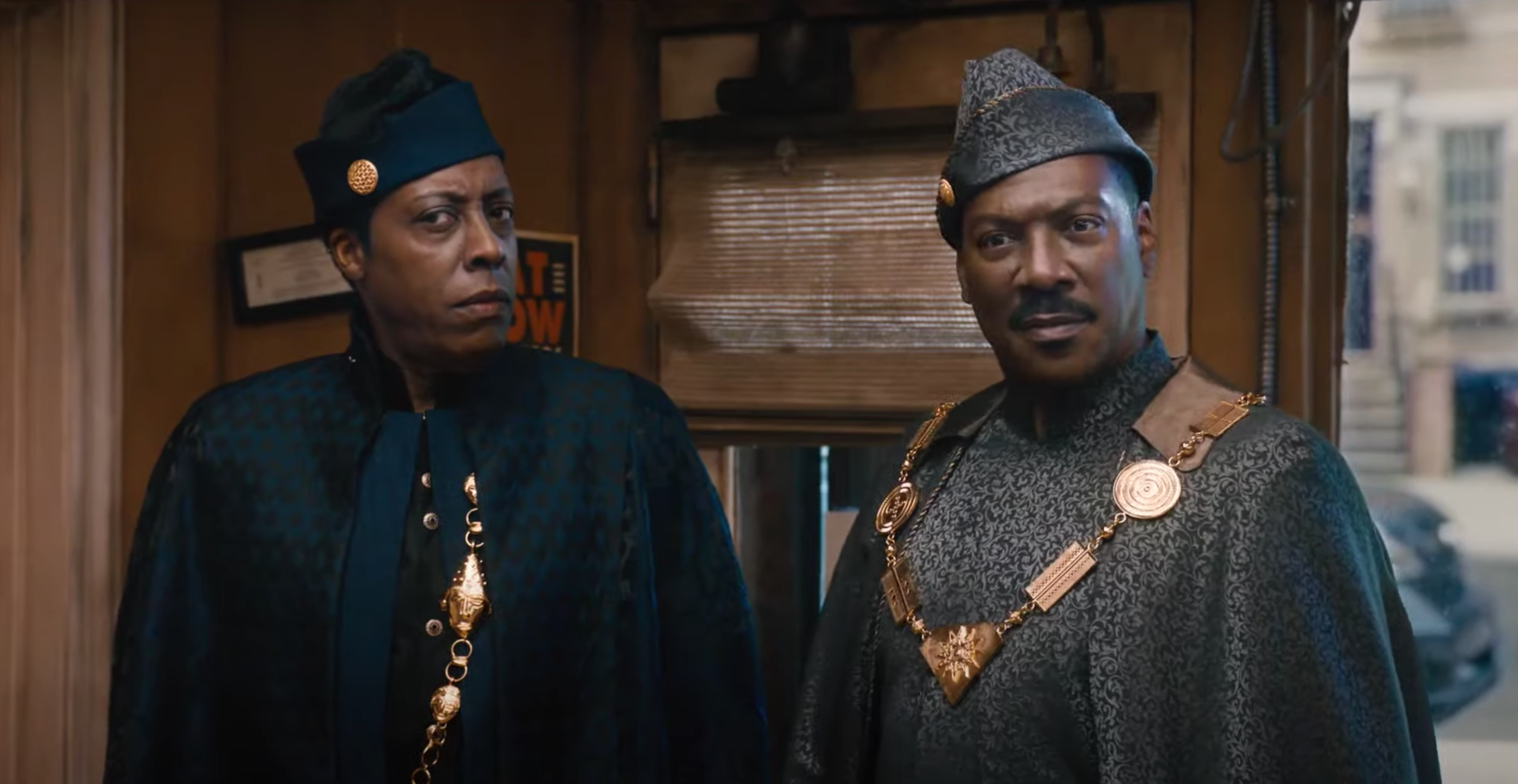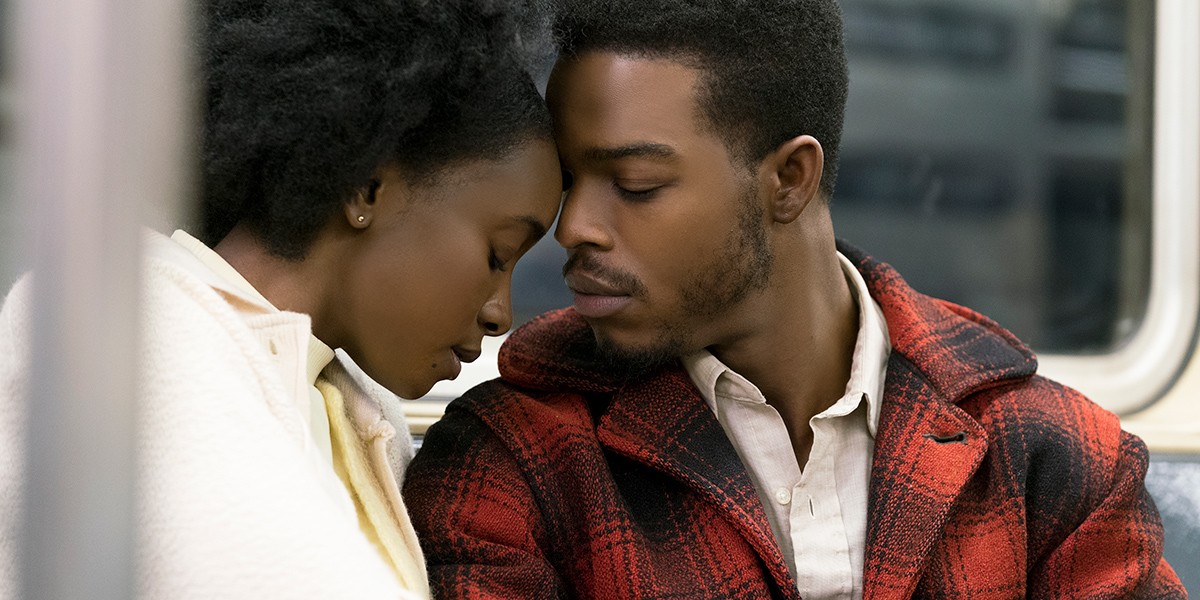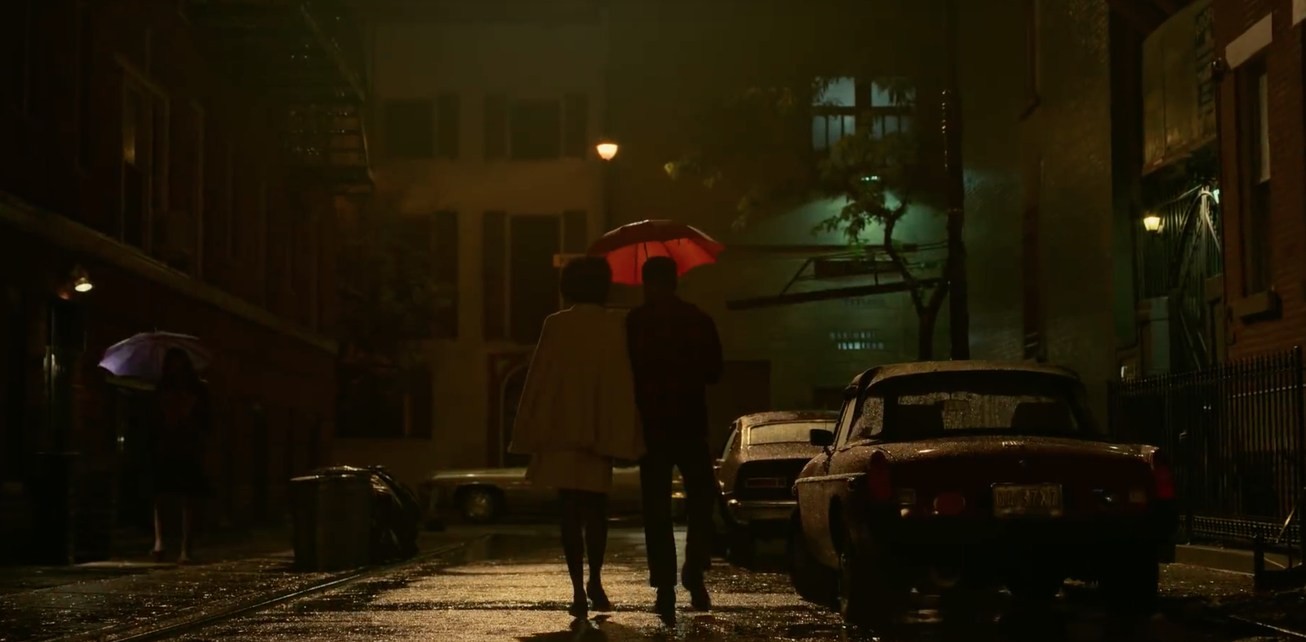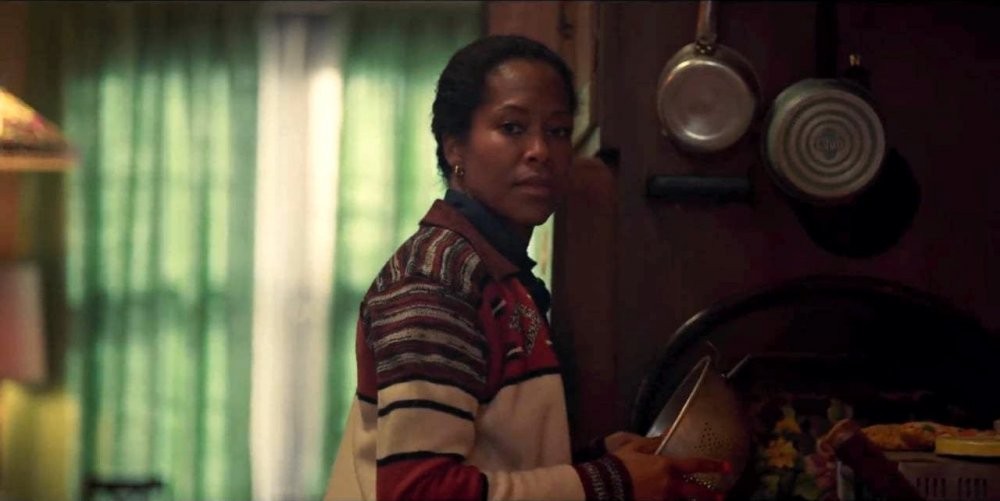If there is a common theme among the best films of 2018, it’s wrenching order from chaos. From Regina Hall trying to hold both a restaurant and a marriage together to Lakeith Stanfield navigating the surreal moral minefields of late-stage capitalism, the best heroes positioned themselves as the last sane people in a world gone mad.

Dakota Johnson in Fifty Shades Freed
Worst Picture: Fifty Shades Freed
In her epic deconstruction of the final installment of everyone’s least favorite BDSM erotica trilogy, Eileen Townsend called Fifty Shades Freed a “sequence of intentionally crafted visual stimuli” that “bears coincidental aesthetic similarity to a movie … But I believe Fifty Shades Freed is nonetheless not a movie at all, but something far more pure — a pristine document of the market economy, a kind of visual after-image created as an incidental side effect of the exchange of large sums of capital…We literally cannot perceive the truest form of Fifty Shades Freed, because to do so, we would have to be money ourselves.”

Sunrise over the Monolith in 2001: A Space Odyssey
Best Moviegoing Experience: 2001: A Space Odyssey in IMAX
The Malco Paradiso’s IMAX screen, which opened last December, has quickly earned the reputation as the best theater in the city. During the late-summer lull, a new digital transfer of 2001: A Space Odyssey got a week’s run to celebrate its fiftieth anniversary. Even if you’ve watched Stanley Kubrick’s film a dozen times, seeing it the size it was intended to be seen is a revelation. Also, all lengthy blockbusters should come with an intermission.

Chuck, the canine star of Alpha
Best Performance by a Nonhuman: Chuck, Alpha
Director Albert Hughes’ Alpha is a sleeper gem of 2018. The star of the story of how humans first domesticated dogs is a Czech Wolfhound named Chuck, who dominates the screen with a Lassie-level performance. Chuck and his co-star, Kodi Smit-McPhee, spend large parts of the movie silently navigating the hazards of Paleolithic Eurasia, and the dog nails both stunts and the occasional comedy bits. Chuck is a movie star.
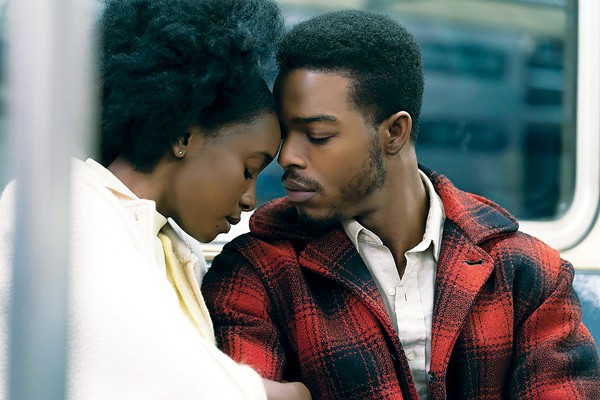
KiKi Layne and Stephan James in If Beale Street Could Talk
Best Scene: The Family Meeting, If Beale Street Could Talk
Most of Barry Jenkins’ adaptation of James Baldwin’s novel is an intimate, tragic love story between Tish Rivers (KiKi Layne) and Fonny Hunt (Stephan James). But for about 10 minutes, it becomes an ensemble dramedy, when Tish has to tell, first, her parents that she’s pregnant out of wedlock with a man who has just been arrested for a crime he didn’t commit, then his parents. If you pulled this scene out of the film, it would be the best short of 2018.
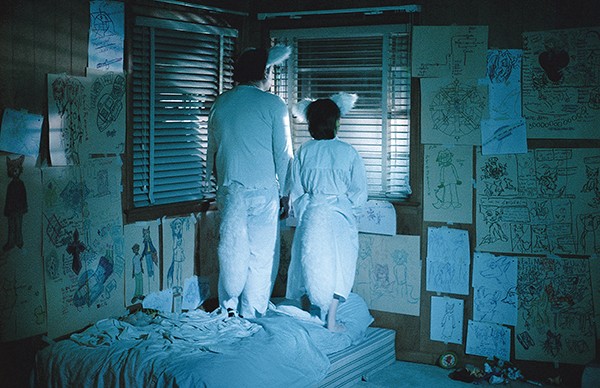
Rukus
Best Memphis Movie: Rukus
Brett Hanover’s documentary hybrid had been in production for more than a decade by the time it made its Mid South debut at Indie Memphis 2018. What started as a tribute to a friend who had committed suicide slowly evolved into a mystery story, an exploration into a secretive subculture, and a diary of growing up and accepting yourself.
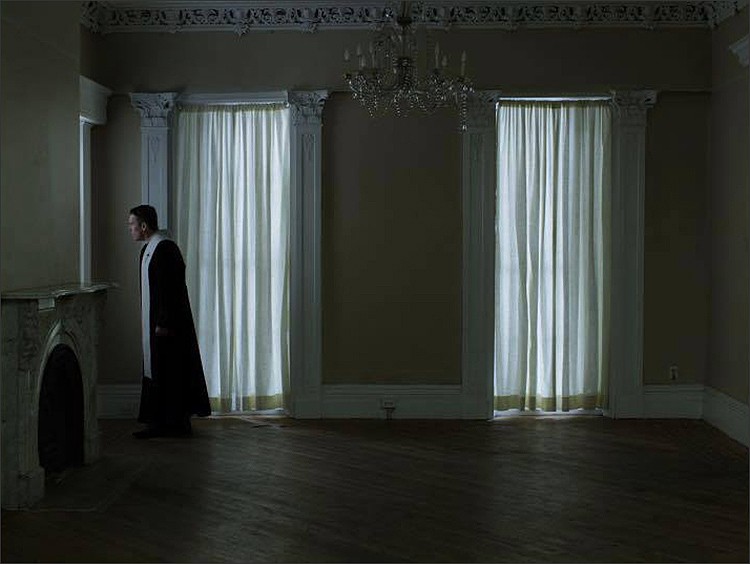
Ethan Hawk stars as a priest in existential crisis in First Reformed.
Best Screenplay: First Reformed
Taxi Driver screenwriter Paul Schrader penned and directed this piercing drama about a small town priest, played by Ethan Hawk, who undergoes a crisis of faith when a man he is counseling commits suicide. 72-year-old Schrader is unafraid to ask the big questions: Why are we here? Is it all worth it? His elegantly constructed story ultimately looks to love for the answers, but the journey there is harrowing.

Michael B. Jordan as Killmonger in Black Panther
MVP: Michael B. Jordan
Michael B. Jordan played a book-burning fireman with a conscience in HBO’s Fahrenheit 451 adaptation and the heavyweight champion of the world in Creed II. But it was his turn as Killmonger in Black Panther that elevated the year’s biggest hit film to the realm of greatness. Director Ryan Coogler knew what he was doing when he put his frequent collaborator in the the villain slot opposite Chadwick Boseman’s T’Challa, making their personal rivalry into a battle for the soul of Wakanda.
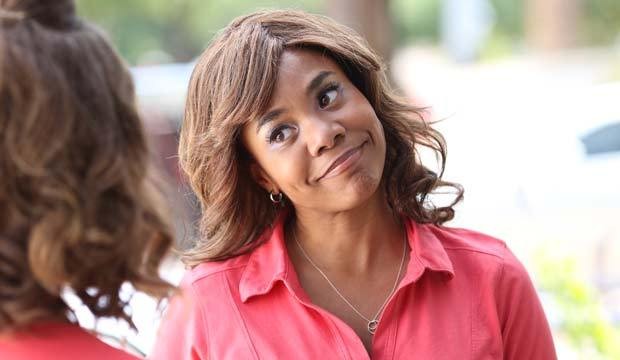
Regina Hall in Support The Girls
Best Performance: (tie) Regina Hall, Support the Girls and Elsie Fisher, Eighth Grade
In a year full of great performances, two really stood out. In Support the Girls, Regina Hall plays Lisa, a breastaurant manager having the worst day of her life, with a breathtaking combination of technique and empathy. We agonize with her over every difficult decision she has to make just to get through the day.
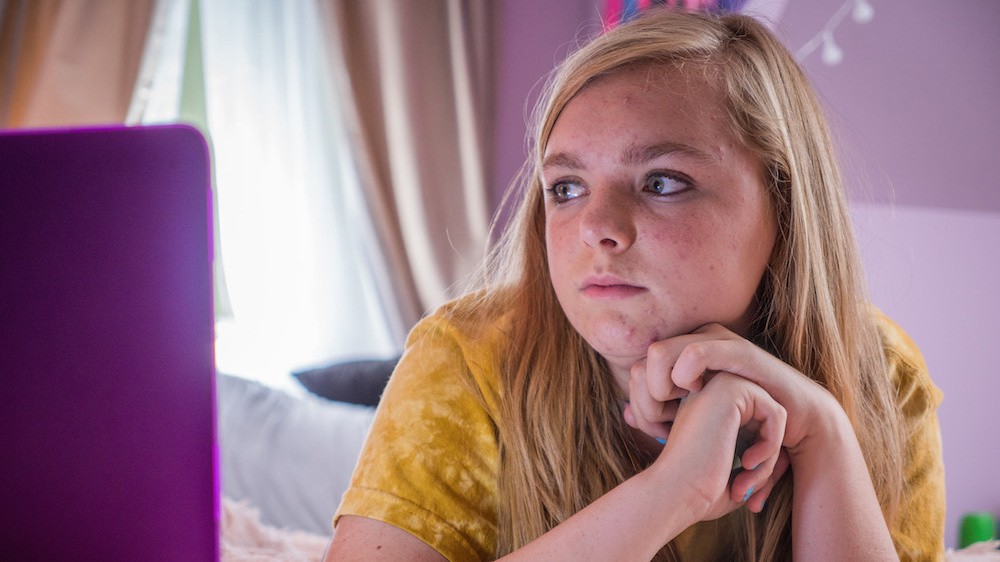
Elsie Fisher as Kayla in Eighth Grade
Elsie Fisher started work on Eighth Grade the week after the 13-year-old actually finished eighth grade. She carries the movie with one of the most raw, unaffected comic performances you will ever see.
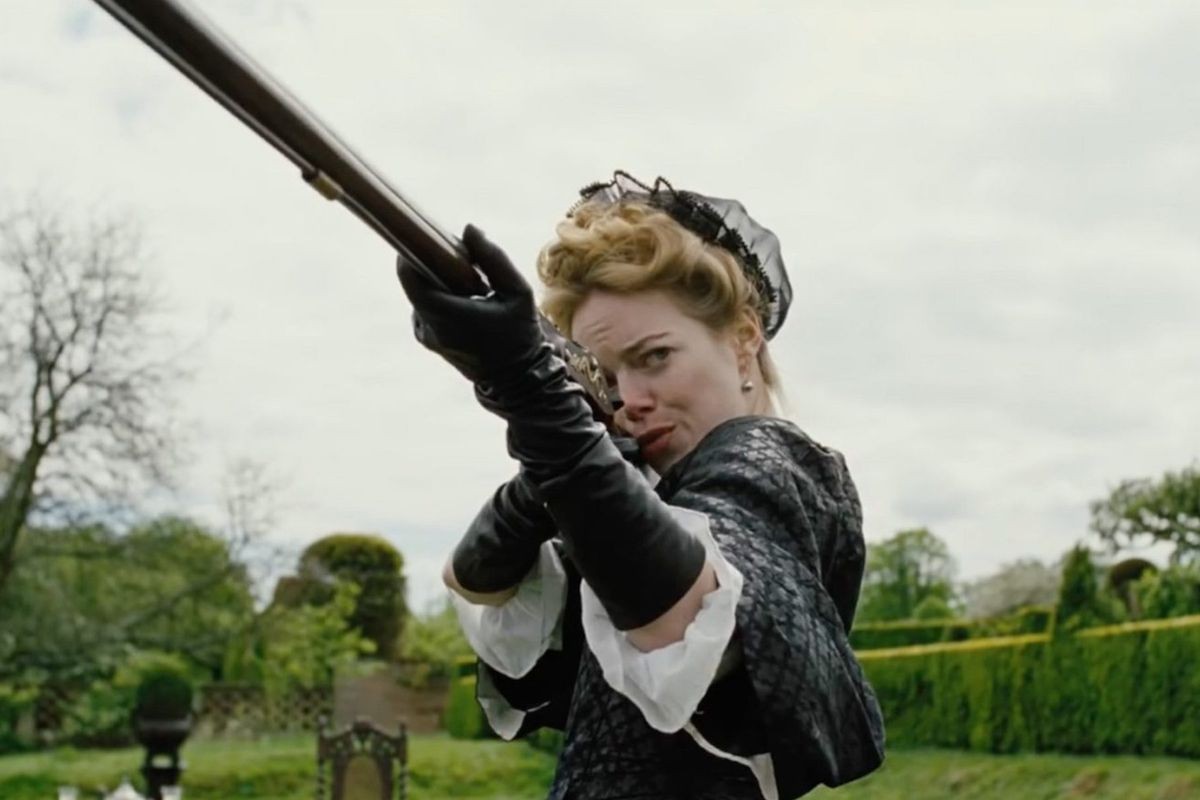
Emma Stone takes aim in The Favourite.
Best Director: Yorgos Lanthimos, The Favourite
Greek director Yorgos Lanthimos’ previous efforts has been bracing, self-written satires, but he really came into his own with this kinda true story written by Deborah Davis and Tony McNamara. Everything clicks neatly into place in The Favourite. The central troika of Olivia Coleman as Queen Anne and Emma Stone and Rachel Weisz as backstabbing cousins vying for her favor are all stunning. The editing, sound mix, and costume design are superb, and I’ve been thinking about the meaning of a particular lens choice for weeks.
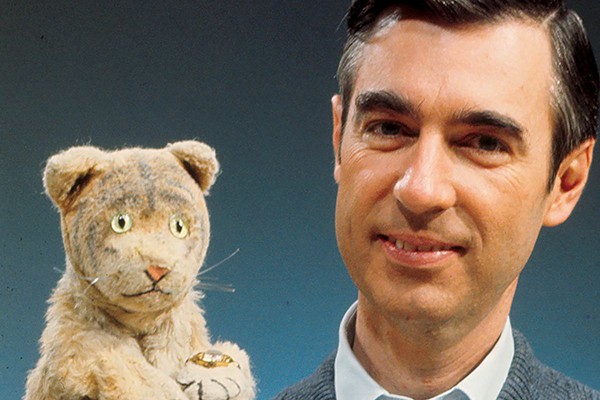
Daniel Tiger (left) and Fred Rogers, star of Mr. Rogers’ Neighborhood
Best Documentary: Won’t You Be My Neighbor?
Once in a while, a movie comes along that fills a hole in your heart you didn’t know you had. Morgan Neville’s biography of Fred Rogers appears as effortlessly pure as the man himself. Mr. Rogers’ radical compassion is the exact opposite of Donald Trump’s performative cruelty, and Neville frames his subject as a kind of national surrogate father figure, urging us to remember the better angels of our nature.
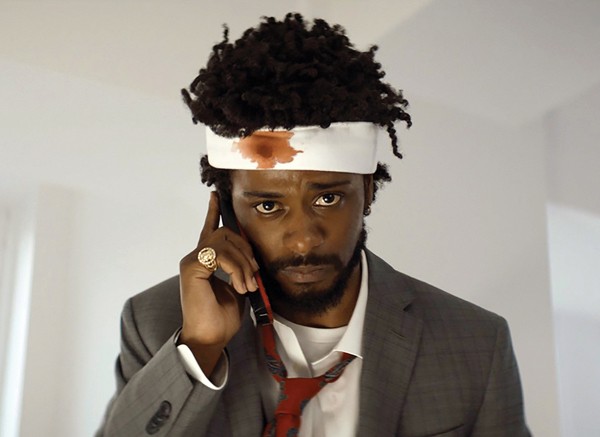
Sorry To Bother You
Best Picture: Sorry to Bother You
Boots Riley’s debut film is something of a bookend to my best picture choice from last year, Jordan Peele’s Get Out. They’re both absurdist social satires aimed at American racism set in a slightly skewed version of the real word. But where Get Out is a finely tuned scare machine, Sorry to Bother You is a street riot of ideas and images. When his vision occasionally outruns his reach, Riley pulls it off through sheer audacity. No one better captured the Kafkaesque chaos, anger, and confusion of living in 2018.
